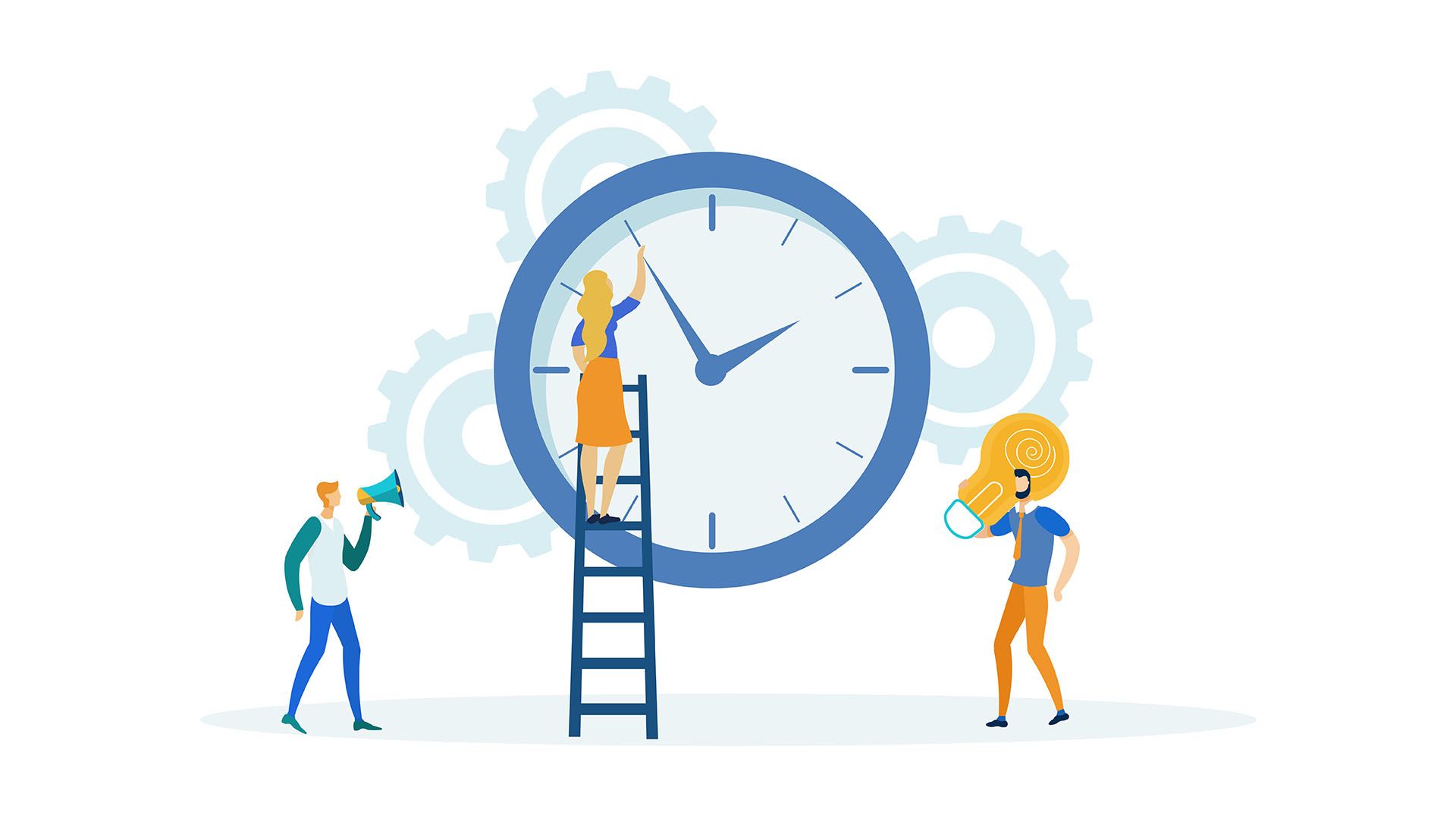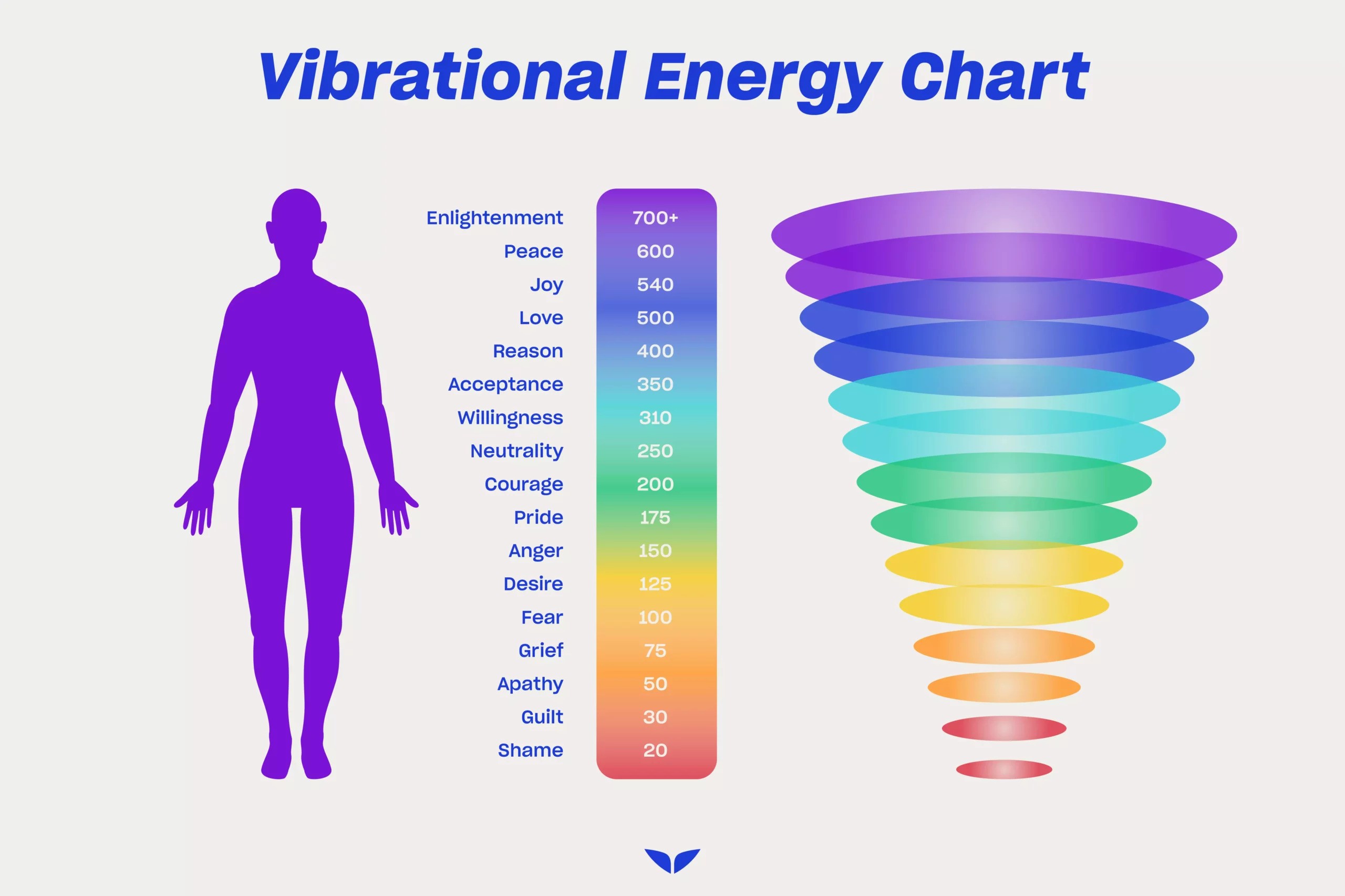Strategies for Breaking the Cycle and Getting Things Done: Overcoming Procrastination
Ah, procrastination. We've all been there - putting off tasks until the last minute, avoiding important responsibilities in favor of mindless distractions. But what exactly is procrastination? It's the act of delaying or postponing tasks, typically to a later time or date.
So why do we do it? It often stems from fear of failure, lack of motivation, or the tendency for perfectionism. Whatever the reason, the negative impacts on our lives are clear - increased stress missed deadlines, and decreased productivity, to name a few. But fear not dear reader - in this blog, we'll discuss strategies for breaking the cycle of procrastination and getting things done.
Internal Factors

Let's face it - we've all been guilty of procrastination at some point in our lives. Sometimes we put things off because we're afraid of failing or feel a lack of motivation. Other times, we set impossibly high standards for ourselves, resulting in us never feeling quite ready to start a task - that's perfectionism for you.
One key internal factor that contributes to procrastination is fear of failure. We might avoid starting a project because we're scared that we won't be able to do it well, or that it won't turn out the way we want it to. The thing is, though, by avoiding it, we're only setting ourselves up for more anxiety and stress later on.
Another contributing factor is a lack of motivation. It's easy to get bogged down in the details of a task and forget why we're doing it in the first place. If we don't have a clear goal or purpose for what we're working on, it can be easy to lose steam and put things off until the last minute.
Last but not least is perfectionism. We all want to do our best, but sometimes, that drive for excellence can actually hold us back from getting started on something. After all, if we have thousands of ideas swirling around in our heads, but none of them seem "perfect" enough, it's hard to know where to start. The good news is that by recognizing these internal factors, we can take steps to overcome them and break the cycle of procrastination. By using some of the strategies outlined later in this post, we can regain control of our time and energy and get back on track toward achieving our goals.
External Factors
You've got a deadline. You need to finish that report before the end of the day. You sit down at your desk, ready to focus. But wait – what's that notification on your phone? And oh, the dishes need washing. Suddenly, anything seems more urgent and appealing than that report. You'll just quickly check your email first. Sound familiar? Welcome to the world of distractions and interruptions.
External factors such as distractions and interruptions make it difficult to concentrate. Our brains are wired to seek out novelty and respond to stimuli. But while we're busy checking our phones or daydreaming, the clock is ticking. Time is our most precious resource, yet it's easy to waste it on mindless activities. Another factor that contributes to procrastination is having too many options. When we're faced with a plethora of choices, it's easy to feel overwhelmed and unsure of what to do. Instead of making a decision, we put it off. We engage in what psychologists call choice paralysis.
Finally, lack of accountability is another external factor that can hinder our productivity. When we're not answerable to anyone, it's easy to postpone tasks. We tell ourselves that we'll do it later, or that it's not that important. However, when we have someone else relying on us, we're more likely to prioritize their needs over our own tendency to procrastinate.
To overcome external factors, it's important to identify them. Consider your environment – what's causing distractions? Is it your phone or social media? Once you know what's getting in the way, you can start taking action. Turn off notifications or use an app to limit your access to social media during work hours. When it comes to having too many options, sometimes it's helpful to impose limitations on yourself. Making a to-do list and prioritizing tasks can help narrow down your focus. If you're still struggling, consider speaking to a colleague or boss. They may be able to offer guidance and help you clarify what's important. Finally, holding yourself accountable is crucial. It's easy to let yourself off the hook, but when you have someone else to answer to, you're more likely to follow through. Consider finding a partner or mentor who can help you stay on track.
By addressing external factors head-on, you can break the cycle of procrastination and get things done. Next, let's look at some strategies for changing your mindset.
Strategies for Overcoming Procrastination

Let's face it - we've all been there. We have something important to do, but instead, we find ourselves getting lost in social media, binge-watching TV series, or cleaning the house excessively. Procrastination is a vicious cycle that can leave us feeling unproductive, stressed, and overwhelmed. Fortunately, there are ways to break the cycle and get things done.
One of the best ways to overcome procrastination is to start with small tasks. Sometimes, the hardest part is simply getting started. By starting with a small and manageable task, like making your bed or answering one email, you can build momentum and gain confidence to tackle more challenging tasks.
Setting achievable goals is another effective strategy. When we set unrealistic or overly ambitious goals, we set ourselves up for failure and disappointment. However, when we set attainable goals, we can experience a sense of accomplishment and progress. The 2-minute rule is a simple yet powerful method for defeating procrastination. Essentially, it involves breaking a task into small parts that can be done in two minutes or less. By doing this, we make the task less intimidating and increase our likelihood of starting it.
Breaking tasks into smaller parts is also useful. Complex or overwhelming tasks can be overwhelming and make us feel stuck. However, by breaking them into manageable components, like research, outlines, and sub-tasks, we can more easily make progress and feel productive.
Distractions can be a significant contributor to procrastination. Creating an environment that is conducive to productivity can help remove distractions and keep us focused. This can include pausing notifications, finding a quiet space, or delegating tasks. Creating a schedule can also be helpful. By setting aside specific times for work and breaks, we can establish a routine that promotes productivity and eliminates decision fatigue.
Finally, holding ourselves accountable can be a powerful motivator. This may include tracking progress, telling others about our goals, or using a reward system. Knowing that we are accountable for our actions can help us stay focused and committed.
These strategies are just a few of the many ways to break the cycle of procrastination. Remember, the key is to find what works for you and implement it consistently. By doing so, you can improve your productivity, reduce stress, and achieve your goals.
Changing Mindset

We’ve covered a lot of ground on the strategies for overcoming procrastination so far. But we still need to talk about what is probably the most important factor in breaking the cycle: changing your mindset.
You see, procrastination is not just the result of laziness or poor time management. It is also the product of our own attitudes and beliefs about productivity and success. So if we want to truly overcome procrastination, we need to start by examining and changing those attitudes. One of the best ways to do this is to start visualizing success. Instead of focusing on all the things that could go wrong or the endless obstacles in your way, really try to picture what it would be like to complete the task or project you’ve been putting off. What would it feel like to have accomplished something important? What could you do with that extra time and energy?
Another important aspect of changing your mindset is to focus on progress, not perfection. This means recognizing that no one is perfect and that it’s better to make steady progress toward your goals than to wait around for the “perfect” time or circumstances. Give yourself permission to make mistakes and learn from them, and don’t beat yourself up if you don’t get everything done exactly the way you planned.
Finally, don’t forget to reward yourself for your hard work and progress. Procrastination is often rooted in a sense of overwhelm or anxiety, and taking time to acknowledge and celebrate your successes can go a long way towards breaking that cycle. Whether it’s treating yourself to a small indulgence, enjoying a day off, or simply giving yourself a pat on the back, make sure you take the time to acknowledge your hard work and give yourself the credit you deserve.
Remember, changing your mindset isn’t always easy, but it is absolutely essential if you want to break the cycle of procrastination and start achieving your goals. So take the time to examine your beliefs about productivity and success, and start focusing on progress, not perfection. And don’t forget to reward yourself along the way!
Tools and Resources
Let's face it: it's easy to get overwhelmed by the number of tasks we need to accomplish in a day, leading us to delay work. But you don't have to keep struggling with this problem because there are several tools and resources available that can help you overcome procrastination.
One popular tool is time management apps, which are designed to help you stay on track with your tasks and manage your time effectively. Some great examples include RescueTime, Trello, and Toggl. By using these apps, you can eliminate unnecessary tasks and boost your productivity.
Another valuable resource for overcoming procrastination is productivity playlists. These are specially curated music playlists designed to keep you focused and motivated while working. Sites like Spotify have a wide range of productivity playlists to choose from, so you can find the one that works best for you.
If you're struggling to stay focused while working, you might want to try the Pomodoro technique. This technique involves breaking your work into 25-minute intervals, with a break in between each session. By taking regular breaks, you can maintain focus and productivity for long periods without feeling burnt out.
Finally, having an accountability partner can be an effective way to overcome procrastination. Partnering with someone who has similar goals and sharing your progress with them can motivate you to push past barriers and complete tasks. Plus, it's always great to have someone to celebrate with when you achieve a goal! In conclusion, these tools and resources can help you overcome procrastination and stay on task. By combining them with the strategies discussed earlier, you'll be able to break the cycle of procrastination and increase your productivity. So, start taking action towards your goals today!
Conclusion
That was quite a journey, wasn't it? We've covered a lot of strategies for breaking the cycle of procrastination and getting things done.
To summarize, we've talked about starting with small tasks, setting achievable goals, using the 2-minute rule, breaking tasks into smaller parts, removing distractions, creating a schedule, and holding yourself accountable. We've also discussed changing your mindset by visualizing success, focusing on progress rather than perfection, and rewarding yourself. But all of these strategies are useless if you don't take action. It's important to set aside your fears, motivations, and perfectionism and actually start working towards your goals. Remember, progress is better than perfection.
So, take a deep breath, choose a strategy that speaks to you, and start working towards your goals. You got this!



